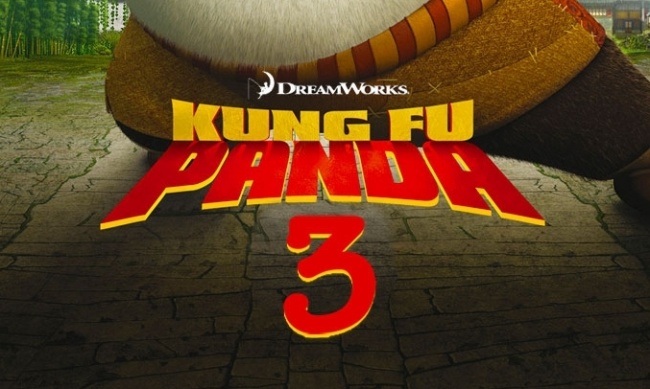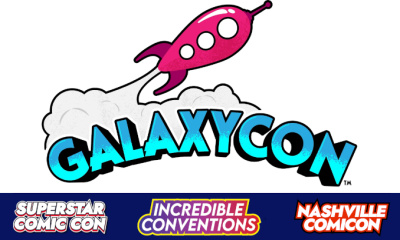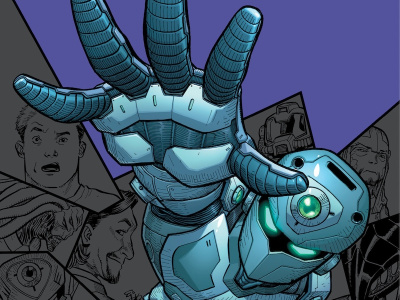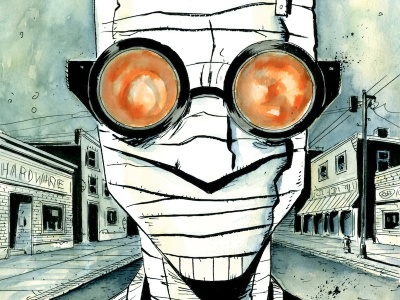If the Comcast acquisition does go through as expected by the end of the year, it will give the NBC/Universal/Comcast group a number of solid animation properties including Shrek, The Penguins of Madagascar, How to Train Your Dragon, and Kung Fu Panda, which the entertainment conglomerate will be able to exploit in movies, on television, in the Universal theme parks, and all forms of licensing. While the acquisition hardly makes Comcast/Universal into an equal of The Disney Company, certainly no other Hollywood studio will be able to compete with Disney on so many different levels, so Katzenberg will at least be able to thumb his nose at the Mouse House on his way out.
Katzenberg, who has been shopping Dreamworks Animation for some time, first to Japan’s Softbank and then to Hasbro (see “Hasbro/Dreamworks Animation Acquisition Breaks Down”), will, according to the New York Times, receive a payout of around $420 million from Comcast, but he is paying a steep price in control for sending a corporate Bronx cheer in Disney’s direction. Katzenberg, who is now 65, will become President of a new Comcast entity, Dreamworks New Media, which will include NOVA, a company that creates 3-D animation for major corporate advertisers, but he will no longer be in charge of Dreamworks Animation, which will be folded in with Universal’s animation unit, Illumination Entertainment (Despicable Me, Minions), and will be run by Illumination’s Chris Meledandri, not Katzenberg.
While many analysts feel that Comcast is overpaying for Dreamworks (the $3.8 billion price is close to the $4 billion that Disney paid for Lucasfilm), others point to the success of Disney’s acquisitions, which were also supposed to be overpriced. Disney paid $7.4 billion for Pixar back in 2006 (see “Disney Buys Pixar”), $4 billion for Marvel in 2008 (see “Disney Buys Marvel”), and a similar amount for Lucasfilm in 2012 (see “Disney Aquires Lucasfilm”). All of the Disney acquisitions were supposed to be overpriced, but the Mouse House’s market capitalization has exploded from $52 billion in 2006 when the $15.5 billion buying spree began to more than $172 billion today.
The Comcast acquisition of Dreamworks Animation, if it does go through, will be just the latest step in the growing consolidation of major media companies. Given the number of different entities producing computer animated features, it would appear unlikely that the Obama Administration, which is making noises like it wants to flex its anti-trust muscles, will pick this deal as the place to make a stand against the ever-increasing consolidation of the media. Like Disney, the new Comcast conglomerate will be able to compete across multiple entertainment platforms, and given the strong performance of its Hollywood entertainment unit last year (Furious 7, Jurassic World, Minions), the new Comcast/Universal/NBC could well become the Mouse House’s most powerful rival for years to come.









